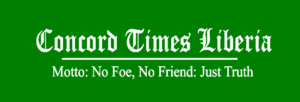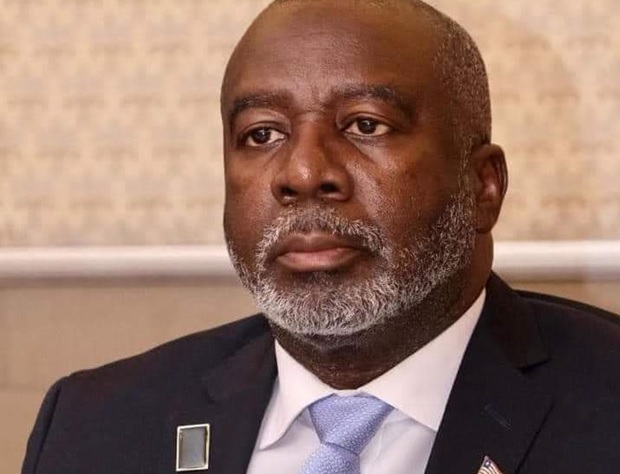MONROVIA, LIBERIA – In an unprecedented move, the Unity Party has filed a petition for declaratory judgment against the newly elected House Speaker Fonati Koffa, raising concerns over his reported possession of a US passport. The party wasted no time in challenging Koffa’s eligibility, filing the petition within minutes of his ascendency to the prestigious position.
The Unity Party, which recently faced a significant defeat in the House Speaker election, alleges that Koffa’s possession of a US passport raises questions regarding his citizenship status as specified in the Liberian Constitution. The party argues that a person holding dual citizenship is ineligible to serve as House Speaker.
According to legal experts, the Liberian Constitution states, “No citizen of Liberia shall hold any other citizenship in any other country while serving as an elected government official.” The Unity Party contends that Koffa’s possession of a US passport may violate this constitutional provision, weakening his authority to hold the position of House Speaker.
Koffa, who is a member of the Coalition for Democratic Change, now faces a critical period in which he must defend his eligibility. The Unity Party, as the petitioner, has granted Koffa a reasonable timeframe of up to 14 February to provide a response and present any evidence that could dispel concerns over his US citizenship and establish his eligibility to hold office.
In a statement issued by the Unity Party’s legal counsel, they emphasized the importance of upholding the constitution and ensuring that elected officials meet the prescribed eligibility criteria. They further stated, “The Unity Party has always stood firmly against any violation of the Constitution and will continue to do so in the interest of our democracy.”
This legal challenge adds an unexpected twist to Liberia’s political landscape, presenting a major hurdle for Speaker Koffa to overcome. Given the importance of the House Speaker role in directing legislative priorities and advancing the ruling party’s agenda, this issue could potentially impact the political landscape and future decision-making processes within the chambers of the Liberian government.
As Speaker Koffa readies himself to respond to the Unity Party’s petition, political observers and citizens alike eagerly await the outcome of this legal battle. The case will likely have implications not only for Koffa’s political future but also for the wider political landscape in Liberia








